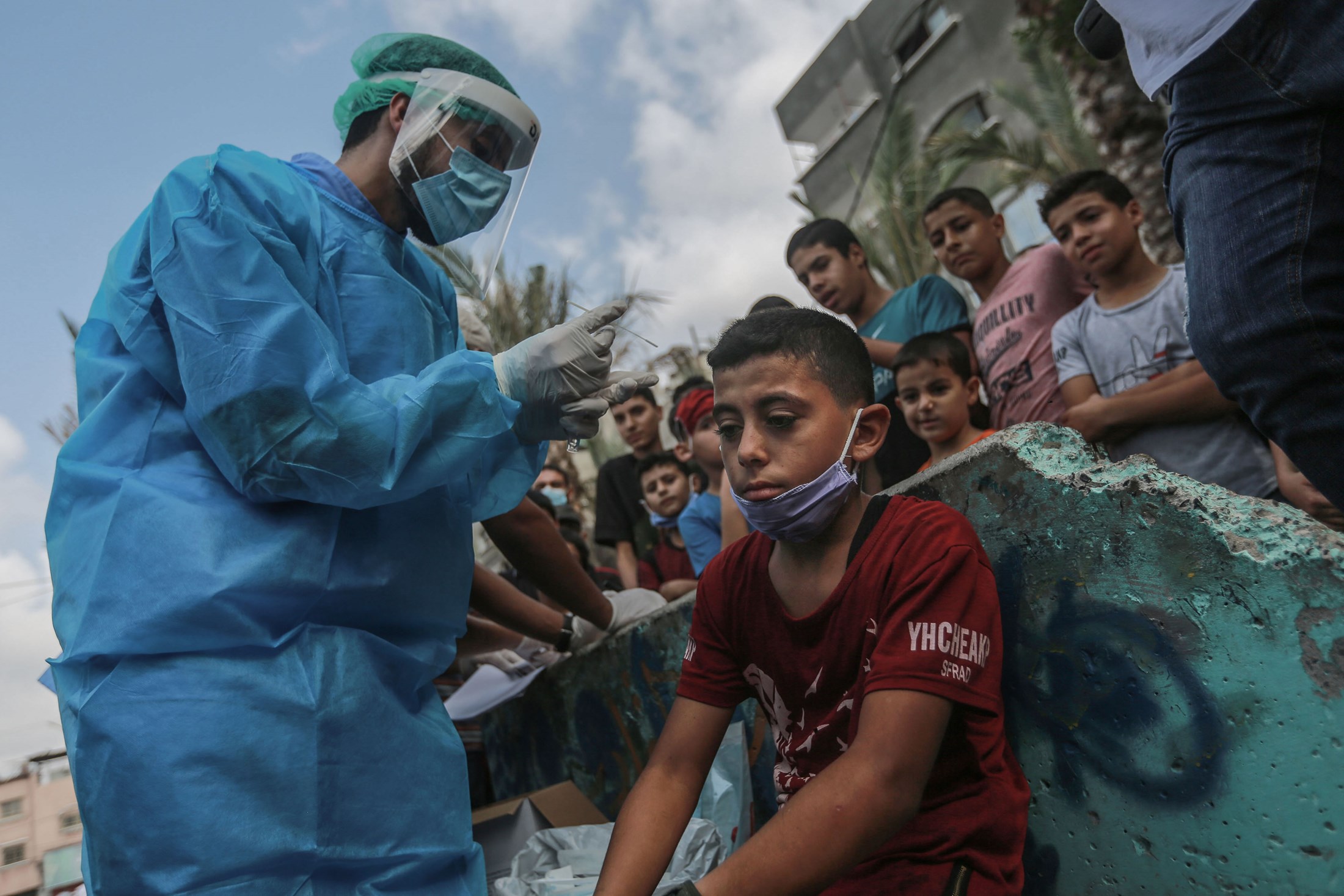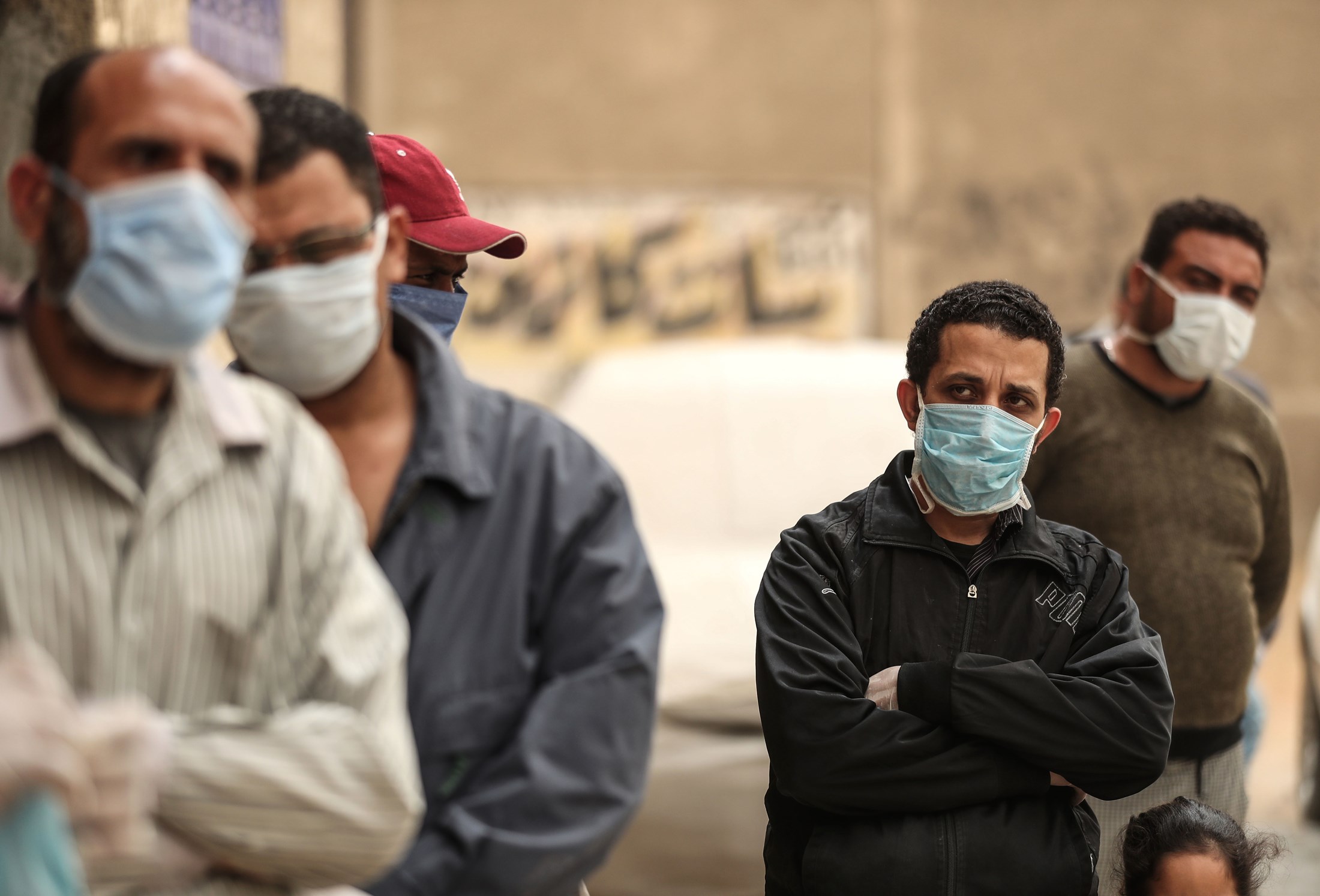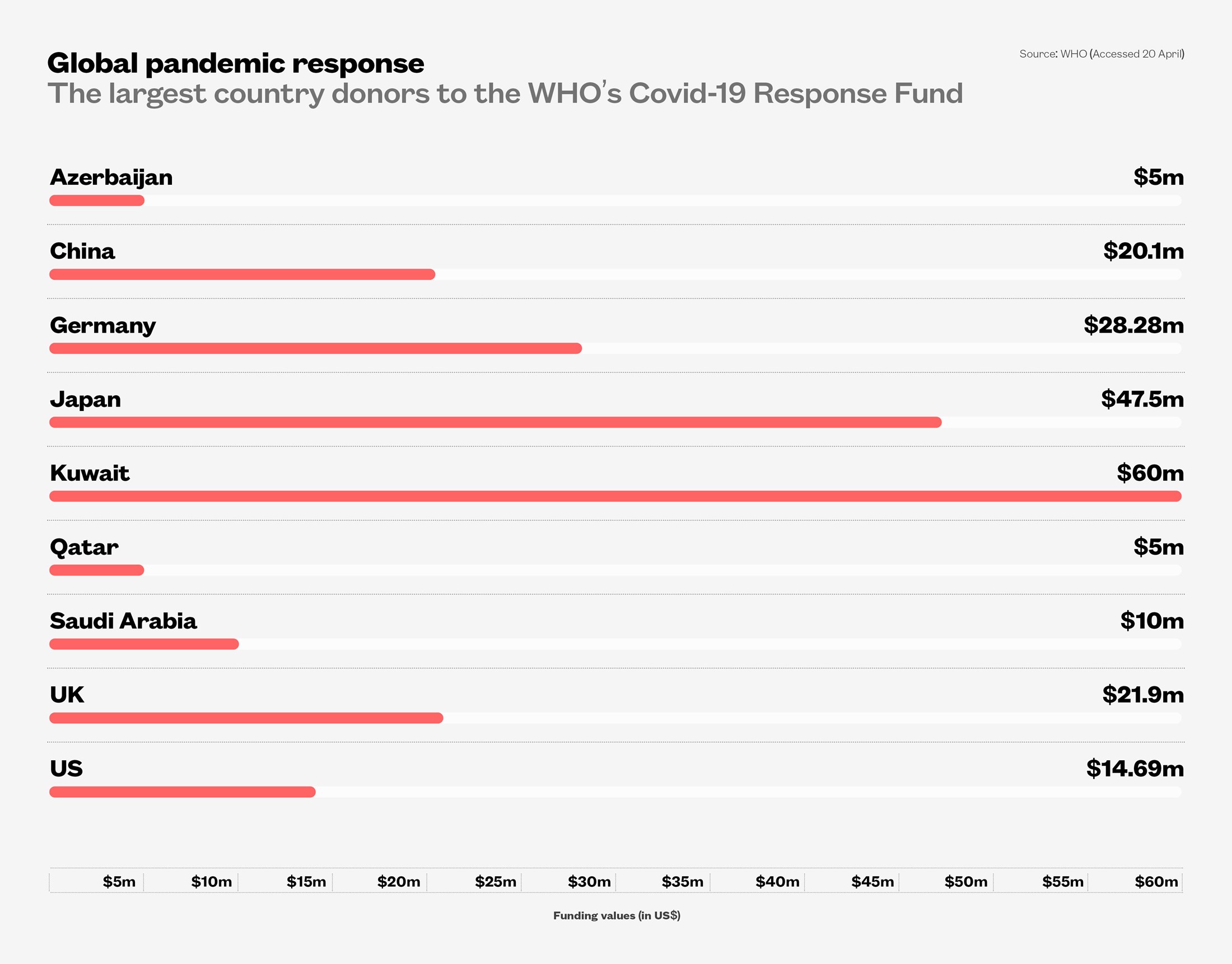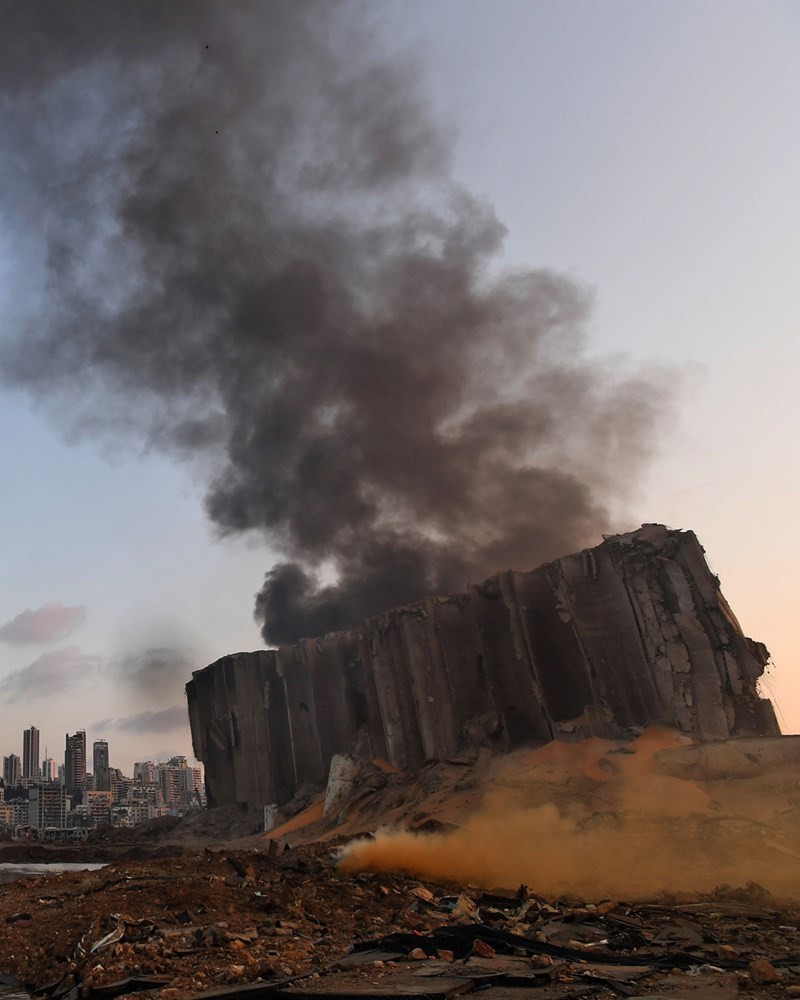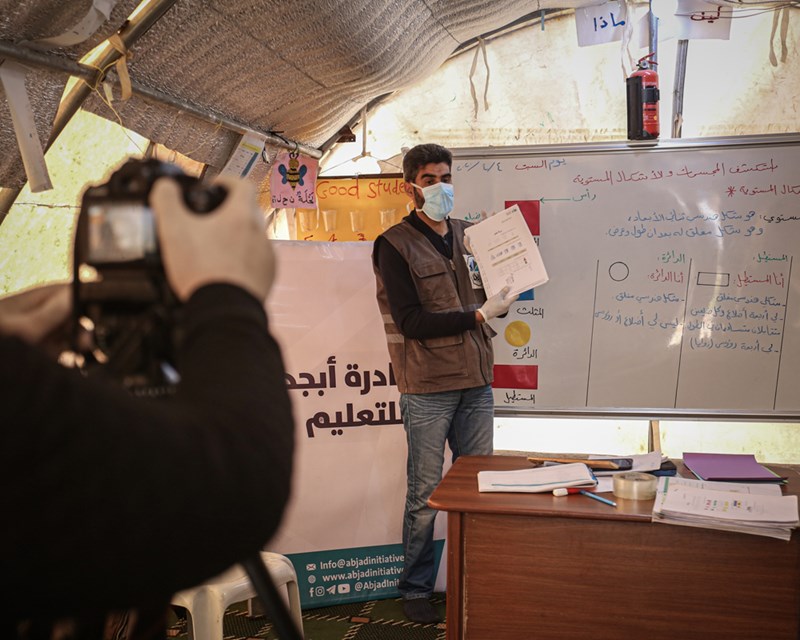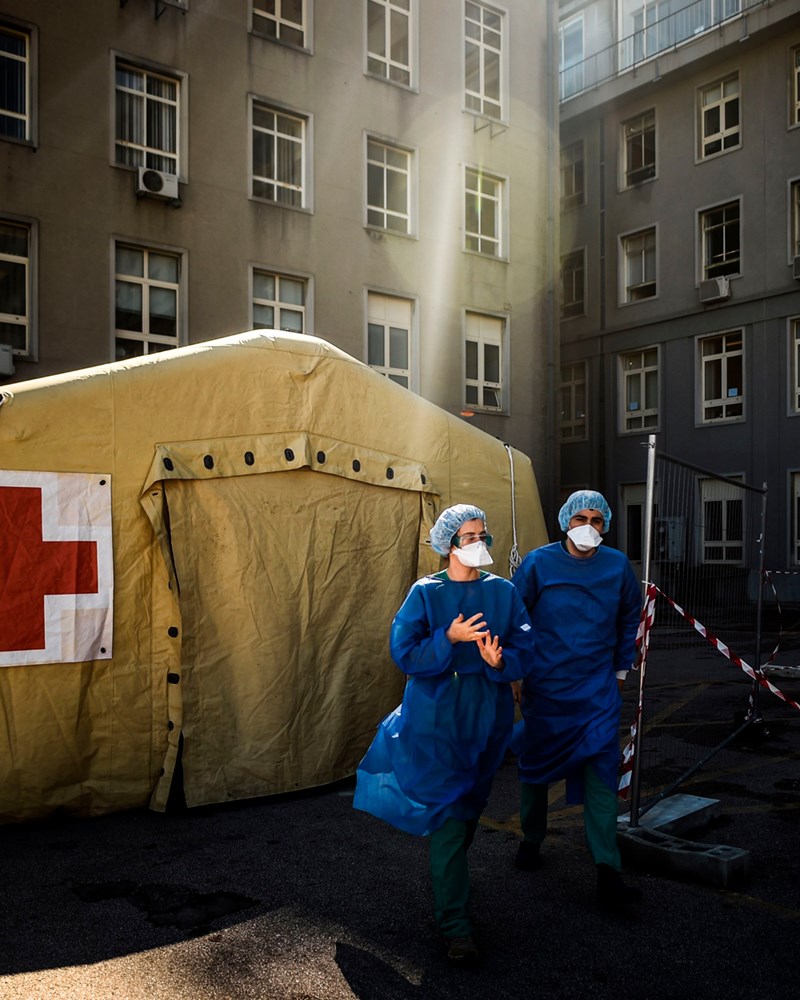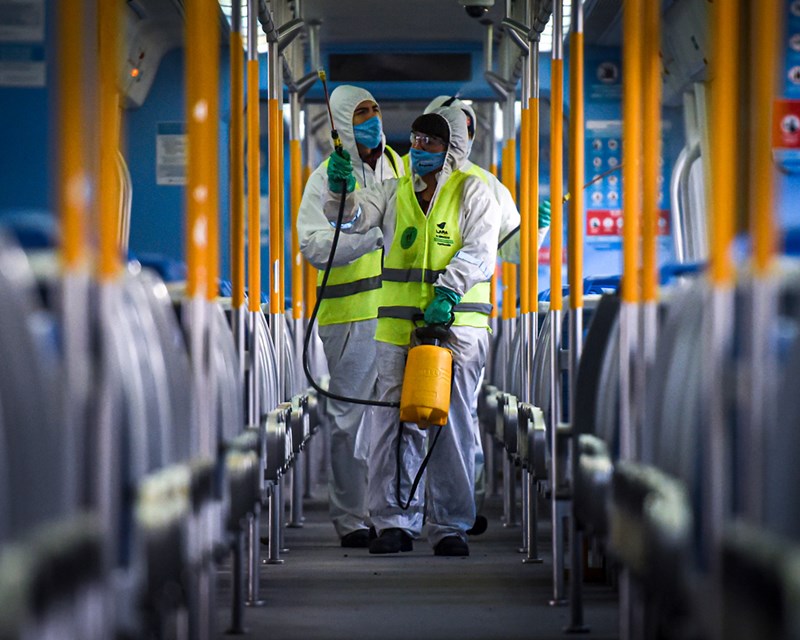Middle Eastern donors are pledging millions of dollars to global efforts to combat coronavirus and to help those whose lives have been thrown into crisis by the worst health crisis on record.
Philanthropists, companies and governments have given cash and in-kind donations, as well as assistance in the form of medical supplies, as the global community races to curb the virus’ spread, find a vaccine, and protect vulnerable communities.
Standout initiatives include $500m from Saudi Arabia to speed the development of new vaccines and treatments; $60m from Kuwait to the World Health Organisation (WHO); and the UAE Food Bank’s pledge to deliver 10 million meals to low-income workers and families hit by the pandemic.
Regional philanthropists have also given generously. Emirati businessman Abdul Rahim Al Zarooni, chairman of the Al Zarooni Group, committed $2.7m for healthcare clinics to buy medical supplies. Dubai’s Easa Saleh Al Gurg Group, a retail and construction conglomerate, has donated $3.5m to the emirate’s education and health authorities to bolster distant learning initiatives and prevent the spread of the virus.
UAE-based businessman Shamsheer Vayalil, the founder of VPS Healthcare and the VPS Foundation, has given hygiene and healthcare products worth $272,000 to the UAE’s Ministry of Education. Dr Vayalil has also offered up the use of a 500-bed hospital in Delhi to help India manage its growing caseload.
In early April, Egypt’s Sawiris Foundation for Social Development announced it would donate $6.37m to curb the spread of the virus in the country. Of this, $2.5m will go to support low-income workers and the remaining $3.8m to bolster government-led prevention efforts.

